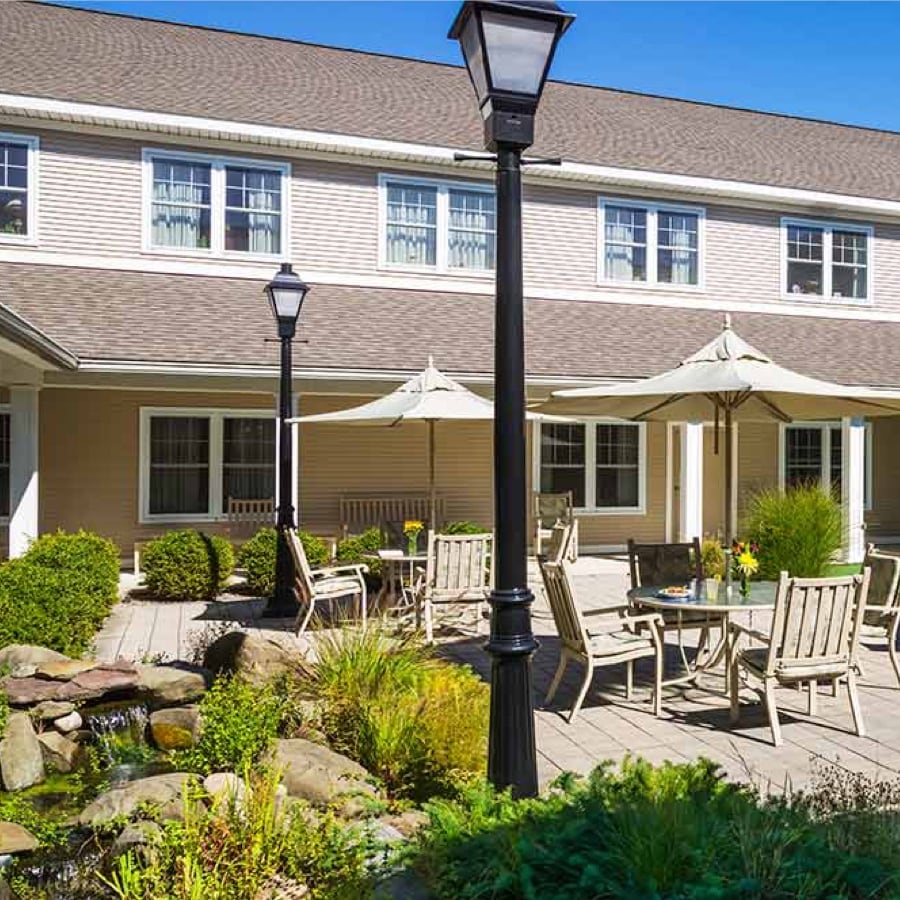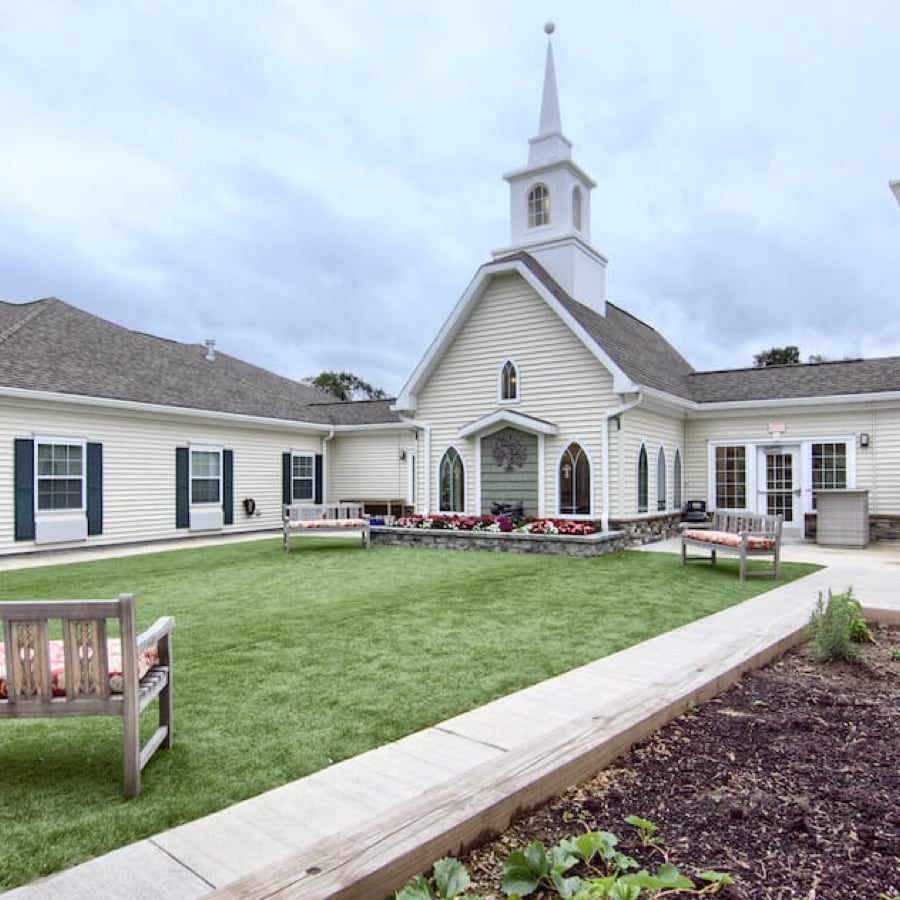When it comes to the health of your aging loved one, dealing with a new diagnosis is never easy. Especially when that diagnosis is something as life changing as dementia or Alzheimer’s disease. If you’re an adult child of a senior, it’s even more difficult when it’s your parent and you’re the primary caregiver.
While there is no real guidebook for dealing with this major change, there are some tips that can help you understand this diagnosis and find a new normal.
Tips for Coping with a Dementia Diagnosis
As you expand your knowledge on the topic of memory issues and start to meet with doctors and potential assisted living facilities, you will learn more and more about how to live with a dementia diagnosis. Until then, below are some strategies to help you deal with everything you are feeling.
1. Process your emotions.
When your loved one is diagnosed, you will go through a roller coaster of emotions. You’ll experience anger, grief, sadness, fear and stress. All of these feelings are normal and it’s extremely important and healthy for you to process these feelings before you start making decisions.
2. Find support to lean on.
Whether you lean on a friend who has gone through something similar, visit an assisted living facility, join a support group, or just meet with a social worker, it’s important for you to have someone to talk to about dementia caregiving. You deserve a safe space to process your feelings and understand your options.
3. Don’t get lost in your feelings.
As a caregiver, it is very easy to get lost in your own thoughts. Worrying about caregiving, finding an assisted living community, and dealing with the emotions of your loved one’s memory loss can all take a toll on your health. Don’t let your loved one’s health issues consume your every thought to the point that you sacrifice your health and happiness.
4. Accept that you can’t do it all on your own.
It’s common to put all the pressure on yourself to deal with your loved one’s dementia diagnosis, especially if it’s your own parent. Enlisting help is valuable for your health and the health of your loved one. It doesn’t make you any less of a caregiver to seek help and support.
5. Involve your loved one in the process.
While yes, it’s very important for you to do what’s in the best interest of your loved one, it’s also important to include them in the process as much as possible. Take them for tours of assisted living facilities, allow them to ask questions at doctor’s appointments, and let them tell you what they want for their future.
A dementia diagnosis could change everything you know about life with your loved one. But, with the right help on your side, your loved one can live the highest quality of life and still find fulfillment despite what might be lost from their diagnosis.
Give yourself time and your loved one time to process a recent diagnosis and support each other in finding the best course of action for the future.
Memory Care and Support at Peregrine Senior Living
If you are dealing with a life-changing dementia diagnosis, Peregrine Senior Living is a unique assisted living and memory care community that encourages seniors to continue their search for purpose, validation and fulfillment in life. Our life-affirming culture emphasizes what remains instead of what was lost. It’s the Peregrine Way®, and you will only find it at our memory care community. Learn more about what our communities have to offer or schedule a tour of our community.











